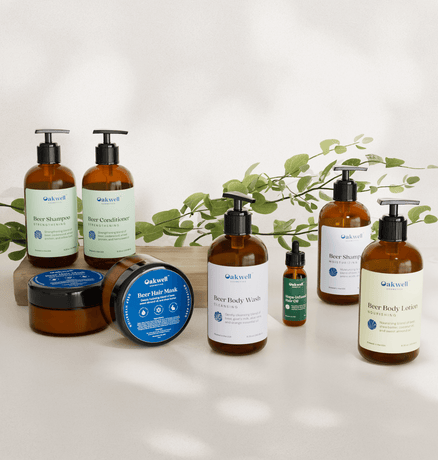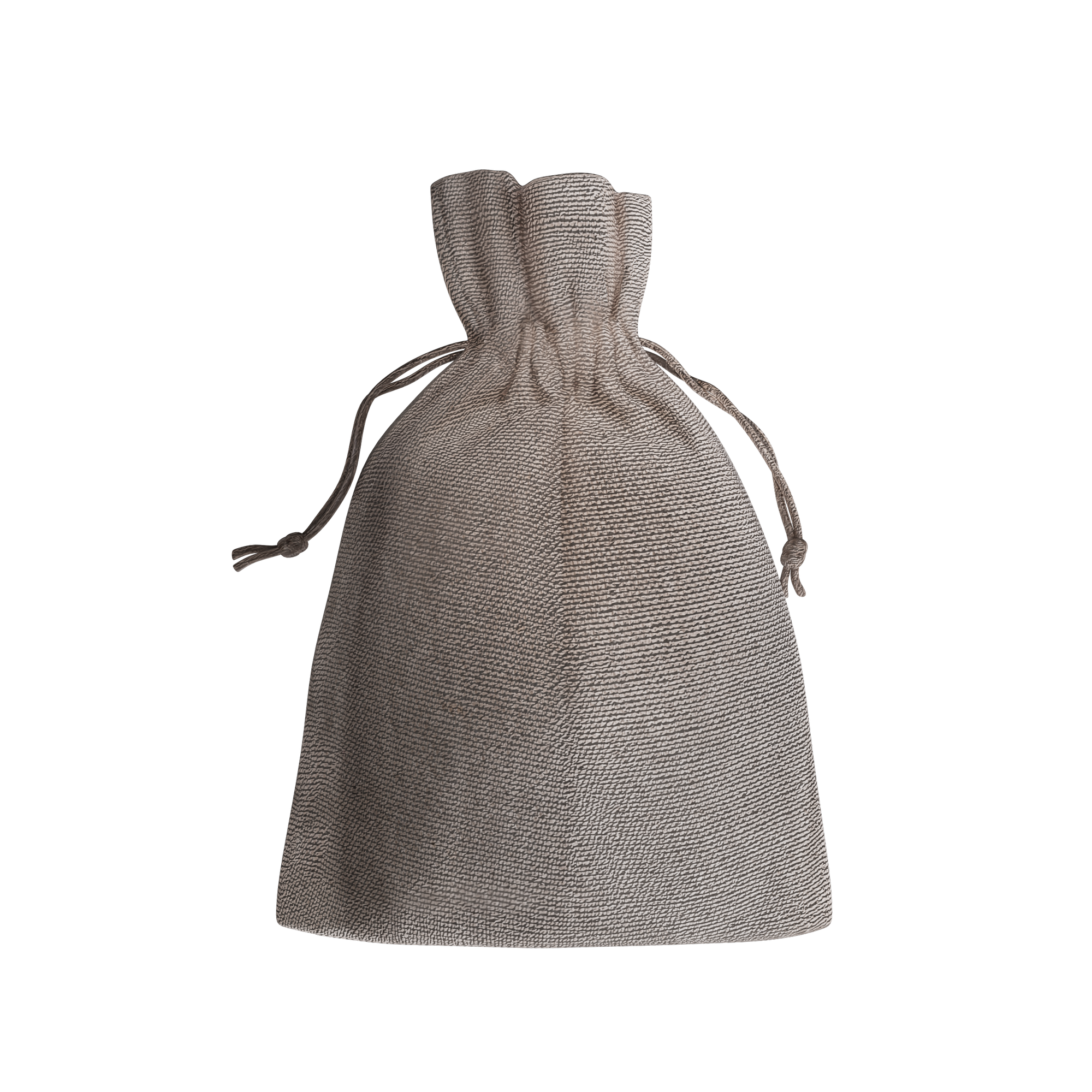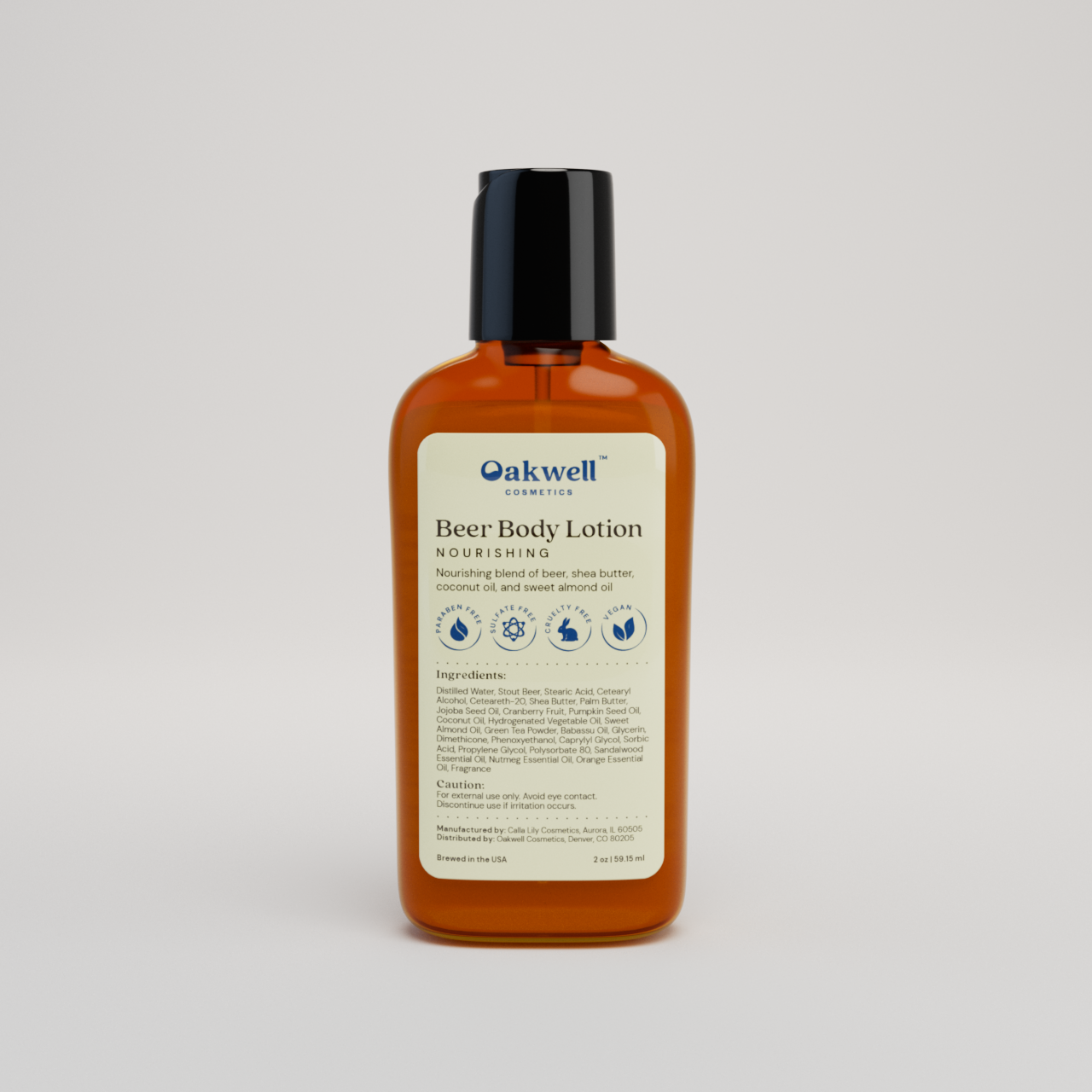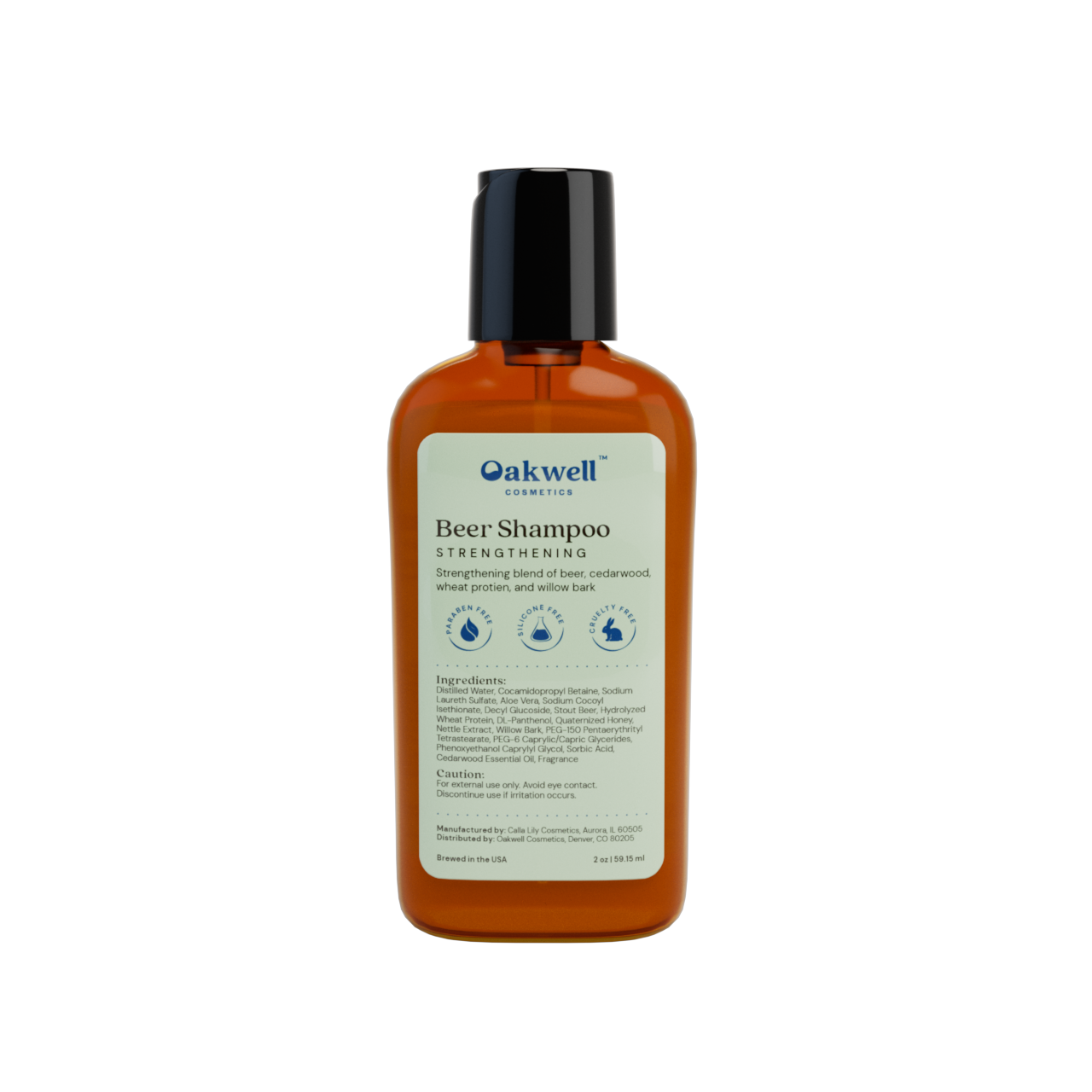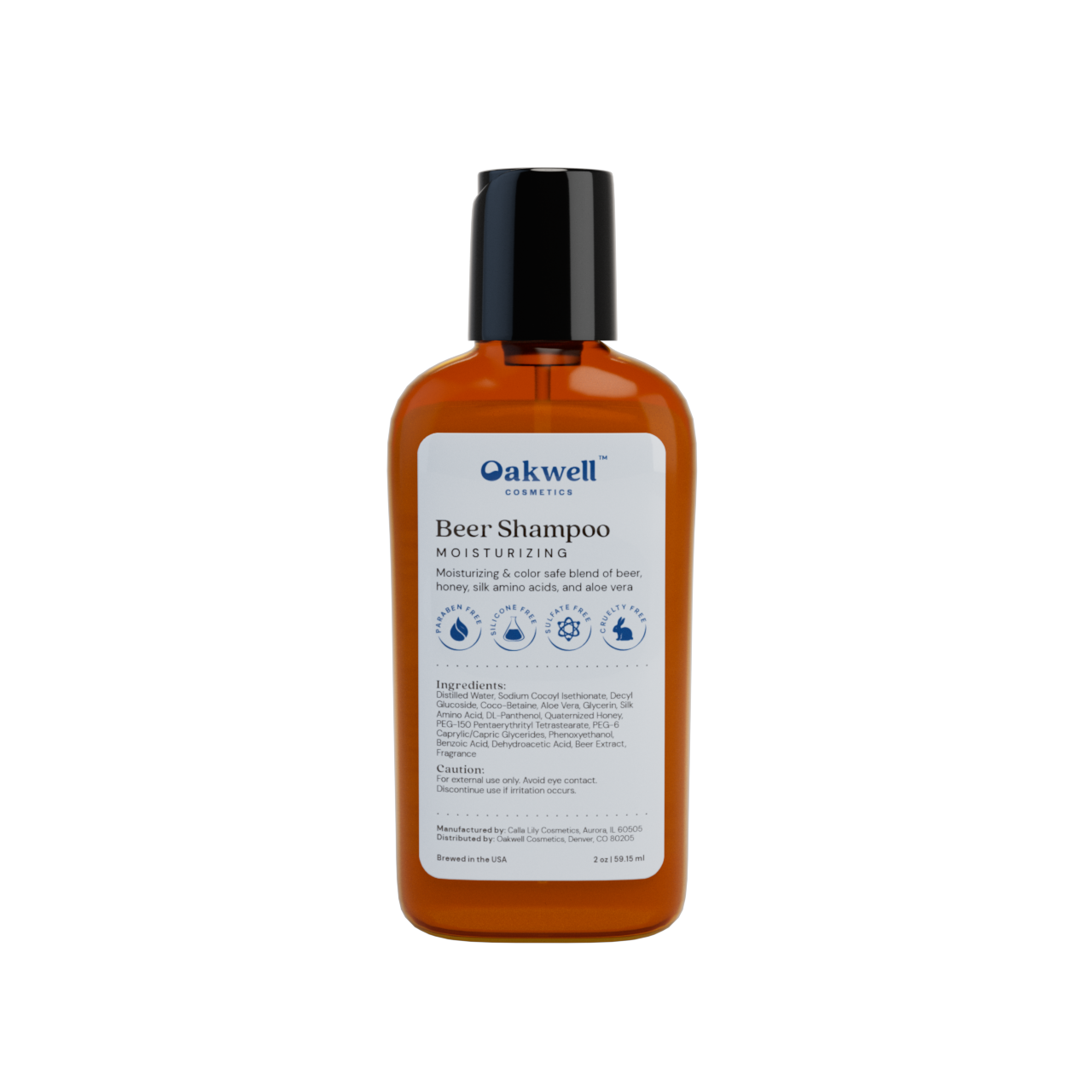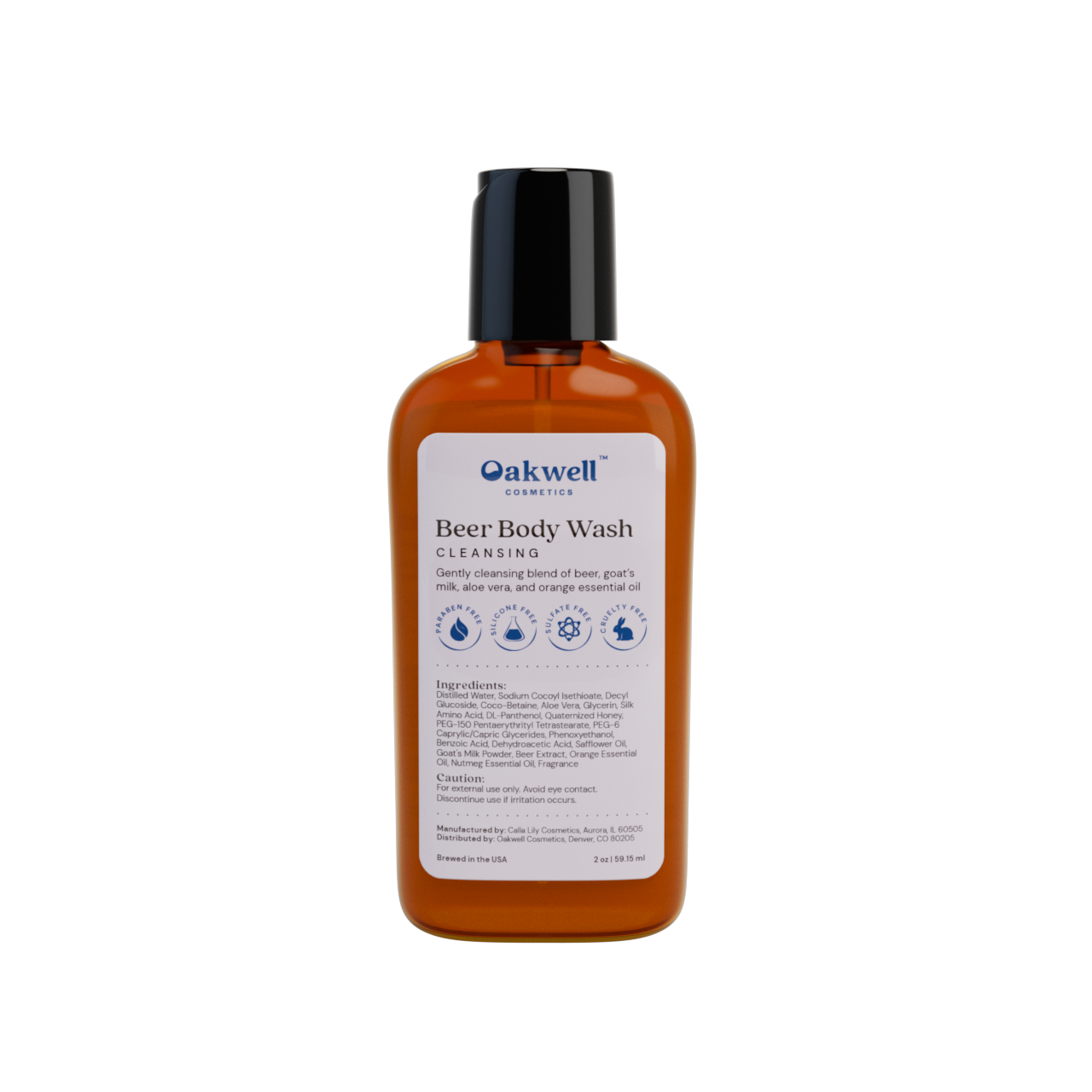Best Skincare Ingredients (According to Dermatologists)

The skincare industry is massive, with an expected revenue of $186 billion worldwide in 2024. With so many options, choosing the best skincare ingredients and products can be difficult unless you know what to look for.
In this article, we’re discussing dermatologist-recommended skincare ingredients and products. We’ll also share tips to help you choose the right skincare products for your skin type and goals.
What are the best skincare ingredients?
There are endless skincare ingredients, many of which can be helpful, including glycolic acid, niacinamide, and colloidal oatmeal.
To narrow the list down, we’ve spoken to Dr. Geeta Yadav, Founder, Medical Director, and Board-Certified Dermatologist at FACET Dermatology, and she shared her favorite skincare ingredients.
Glycolic Acid
“Glycolic acid is an alpha-hydroxy acid, often from sugar cane, and it helps break down the bond that secures dead cells to the surface of your skin,” says Yadav.
This is one of the best skincare ingredients for wrinkles and to promote your natural glow. According to Yadav, our natural ability to eliminate dead skin cells can slow down over time. Active ingredients, like glycolic acid, can stimulate this.
Healthy, glowing skin reveals itself as we remove dead skin cells. This also helps increase collagen production, smooth the appearance of fine lines and wrinkles, and improve skin tone as discoloration fades.
“Be sure to also use sunscreen with SPF because glycolic acid can make you more sensitive to sun exposure,” says Yadav. “Glycolic acid addresses many concerns caused by sun damage, so using it with SPF offers the best results.”
Used for: Promoting natural glow, improving skin tone, and smoothing fine lines and wrinkles
Products: Face wash, serum, and mask
Niacinamide (Vitamin B3)
Niacinamide is a form of vitamin B3 that offers many benefits for the skin. Yadav explains that niacinamide is an antioxidant that can help balance your skin’s hydration levels and oil production. It also alleviates inflammation, redness, discoloration, and other skin irritations.
According to Yadav, niacinamide offers subtle exfoliating benefits without sensitizing the skin. The best part is that it's a beneficial ingredient for everyone.
Used for: Calming skin irritation and balancing hydration level and oil production
Products: Serum and cream

Colloidal Oatmeal
Colloidal oatmeal is a powerful humectant, which helps attract and bind water to the skin. It also contains fats that help lock in moisture, says Yadav. This is especially useful for those with dry skin, but it improves the health of all skin types.
If you’re looking for the best skincare ingredients for a skin condition like eczema or psoriasis, colloidal oatmeal is an excellent option.
Used for: Keeping all skin types healthy and hydrated, especially dry, itchy skin
Products: Soap, lotion, and bath salts
Shea Butter
Shea butter is a fat that comes from the nuts of a shea tree. Its fatty acids and vitamin E support healthy skin and hair. They also have anti-inflammatory properties and can improve redness and swelling.
According to Yadav, shea butter is an excellent skincare ingredient for dry skin. It helps seal in hydration and strengthen the skin barrier.
You can use shea butter in just about any skin or hair care product for its moisturizing effects.
Used for: Alleviating redness, inflammation, and dry skin
Products: Lotion, soap, shampoo and conditioner
Activated Charcoal
Activated charcoal is made by heating substances like wood, peat, or sawdust. When steam or hot air erodes internal surfaces, the charcoal activates. Activated charcoal absorbs substances, helping clean your skin and eliminating dirt, oil, and toxins.
“Activated charcoal can be particularly useful for people with oily or blemish-prone skin because it helps absorb impurities and excess oil. It also gently resurfaces the skin, promoting balance and clarity,” says Yadav.
Used for: Deep cleansing and improving oily, acne-prone skin
Products: Soap and body wash
Other Useful Ingredients
Other effective skincare ingredients you might consider using include:
- Retinol - Derived from vitamin A and helps boost collagen, improve acne, and eliminate fine lines and wrinkles
- Hyaluronic acid - A natural component of your body’s connective tissues that supports hydration and elasticity
- L-ascorbic acid - A form of vitamin C that helps stimulate collagen and reduce fine lines and scars
- Dimethicone - A common ingredient in moisturizers, which helps your skin feel hydrated and soft
- Natural oils - Oils that usually come from plants, like olive, castor, and coconut oil, which have nourishing nutrients good for all skin types

Helpful Tips for Looking at Skincare Ingredients
According to Dr. Mary Mina, a Harvard-trained dermatologist and dermatologic surgeon, the following tips can help you choose the best skincare ingredients and routine.
- Avoid fragrances - Products containing fragrances can cause allergic reactions and irritations, so it’s best to avoid them, especially if you have sensitive skin.
- Be mindful of essential oils - Some essential oils can also cause side effects, so be careful of which ones and how much you’re using. It may be best to avoid them, depending on your skin type.
- Know your skin type - Knowing your skin type helps you choose useful products and ingredients. For example, you should avoid oil-based products if you have oily skin.
- Follow a simple routine - Too many products can lead to irritation and skin barrier breakdown. Some products are also harmful, like toners with alcohol and witch hazel, which can actually strip your skin of natural oils. Fewer products with gentle ingredients are best.
- Be a careful consumer - Many skincare brands promise results that seem too good to be true, and they likely are. Try not to be swayed and stick to products that can specifically benefit your skin.
- Consult a dermatologist - A board-certified dermatologist can offer the best advice for your particular skin and skincare needs.
Best Skincare Ingredients: Conclusion
While there are many skincare options, a good rule of thumb is to stick to natural ingredients and fewer products. Knowing your skincare type can also help you choose appropriate products.

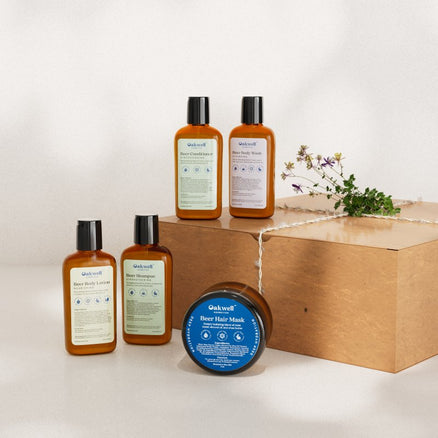

Become a part of our community and be the first to learn all there is to know about Oakwell

